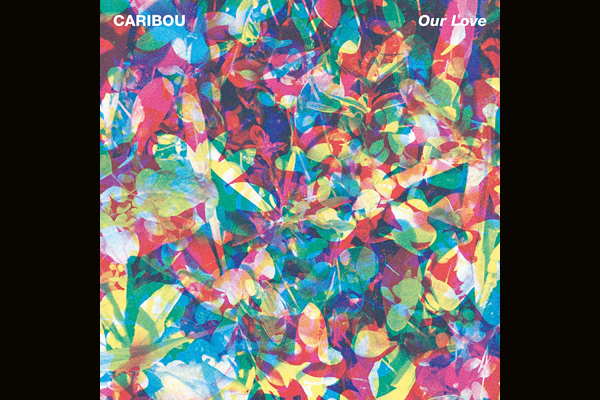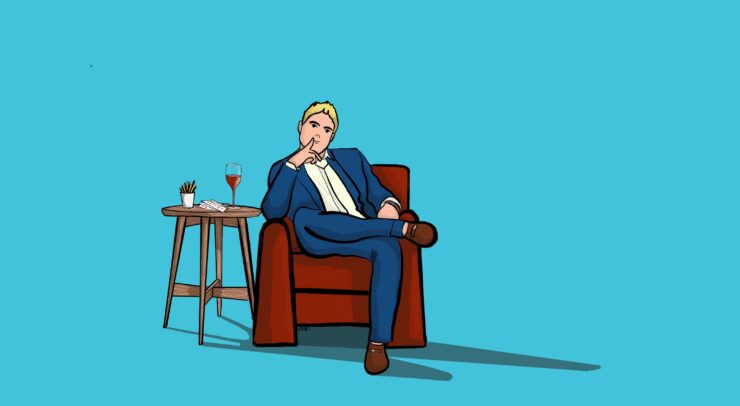Julie Sondra Decker gives insight into sex, coming out, and the misconceptions of another orientation
Courtesy of Julie Sondra Decker
In a world where sexual and romantic attraction are falsely seen as being the same attractions, or belonging to one category, let alone universally experienced. Many people may think that there is something that is “not right” with them if they don’t experience one, the other, or either of these main attractions. Some people do not experience sexual attraction. This refers to a person who belongs to the asexual orientation.
The Fulcrum spoke to the author for a detailed look inside the asexual perspective. Julie Sondra Decker’s new book, The Invisible Orientation, explains the misconceptions of asexuality, helpful resources, and people’s experiences with relationships in an informative context.
The Fulcrum: When did you first know you were asexual?
Julie Sondra Decker: I started referring to myself as nonsexual at about age 15. I wouldn’t describe that as knowing. I do believe sexuality is fluid and I fully expected at that age that I would develop a more typical sexual attraction experience later in my life, but it never happened.
What are the most common misconceptions of asexuality?
The most common ones are that we haven’t met the right person, have a hormonal deficiency, had a bad experience with sex, are suffering from trauma in our past, are secretly gay, are late bloomers, are going through a phase, just want to be special, or can’t find an appropriate partner.
What makes a person “come out” as asexual?
Heterosexuality is generally considered the default if people don’t know what your orientation is. If an asexual person does not come out, they are usually misinterpreted as a heterosexual person. Furthermore, not being partnered or not behaving in a certain way with any existing partners, tends to make people wonder what’s wrong with us. Coming out alleviates that, assuming the people we come out to believe in asexuality and acknowledge it as fitting us.
Since many people don’t know about this orientation, what do you think is the best way to learn?
I think it is important in having different types of media available so people will come across it everywhere. I made YouTube videos and wrote essays, submitted and published articles in widely read blogs, gave interviews to mainstream media, participated in a documentary, and now, I’ve written a book.
At the International Asexuality Conference in June, it was noted there’s a high prevalence of abuse and “corrective rape.” What should be done about that?
“Corrective” rape is indeed horrifyingly high in our community, and sometimes it’s even worse when we’re told that’s the cause of our orientation. More awareness about asexuality across the board will help some people understand that it’s not something that will be fixed by being forced into sex. Some people are coerced into sex they don’t desire because they’re shamed into believing they should accept it. Spreading awareness about asexuality might help some of those people get the confidence to understand they aren’t obligated to have sex with people who pressure them.
Any tips for allies who want to support asexuals?
Allies should learn to listen, let asexual people control conversations about them, and refrain from asking questions that are designed to invalidate them. They should also understand that even if they are not personally able to wrap their mind around it, they should still trust the asexual person to describe their feelings. Belief in asexuality should not be presented as conditional, and non-asexual people are not the arbiters of whether we really are having this subjective experience.
Why should people read The Invisible Orientation?
Asexual people will find resources and perspectives on coming out, dealing with criticism, learning about others like themselves, and understanding the communities they can be part of. Non-asexual people with asexual friends and loved ones can learn how to be good allies and have some of their fears and questions answered without having to ask uncomfortable questions.




